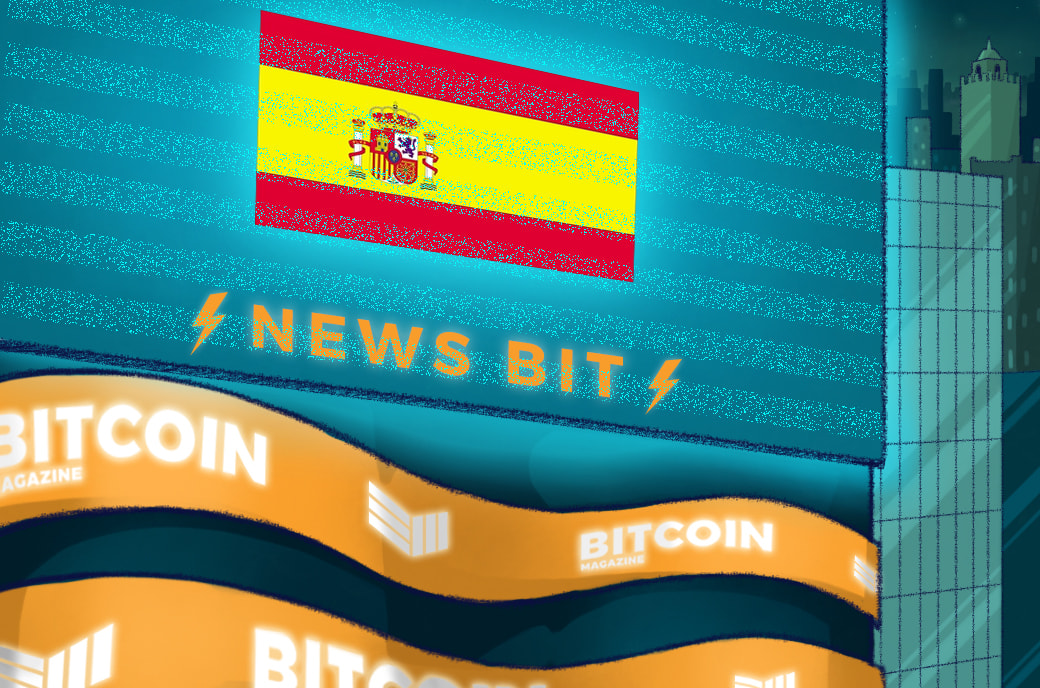
2021-8-5 21:15 |
New Spanish bill aims to enable innovation in different sectors but shows a lack of understanding of Bitcoin and its real innovation.
A new draft bill introduced in Spain by the People's Party (PP) aims to foster digital transformation by outlining possible innovations, how they should work, who is entitled to develop them, and the entities that should oversee and regulate such developments and activities.
The bill, however, is effectively bitcoin-blind and focuses instead on blockchain and cryptocurrency – a misunderstanding of Satoshi Nakamoto's real innovation that could hold back both the country and its people from genuine long-term flourishing.
A Focus On CryptocurrencyFor instance, article 48 under chapter seven delineates the aimed directives for "cryptocurrency" usage in the country. The bill would allow private citizens to transact with it to meet private obligations, for example, in private contracts. That would likely include bitcoin, however, so that's a positive thing. Having people settle contracts on BTC fosters its usage as a medium of exchange in Spain, legitimizing it for that purpose. But the bill explicitly states that such arrangements should not threaten the country's current legal tender regulations – meaning bitcoin wouldn't be as legitimized as it is in El Salvador, for instance.
Furthermore, all transactions in bitcoin would abide by the same fiscal and taxing rules as regular monetary transactions in Spain. Throughout the bill, tax enforcement is highlighted as a primary goal, above all else. Consequently, it reads that bitcoin and cryptocurrency trading and custody providers in the country would be obliged to deploy extensive know-your-customer (KYC) procedures to identify all of their customers. This aims to indirectly empower Spain's public administration, which the bill says will apply all measures in its power to control and monitor all trading activities – often by requesting information from service providers.
In contrast, the draft bill states that citizens who transact with cryptocurrency for financial purposes will be assured of their data rights, as well as the power to request such information from service providers or the public administration. It is not clear, however, if they could request any information to be deleted. Still, given the nature of the bill and the regulation-focused tone towards taxation and record-keeping, one can assume that would not be possible.
The "National Cryptoassets Council," Real Estate, and BankingArticle 50 of the bill introduces creating an administrative entity for the cryptocurrency sector, the Consejo Nacional de Criptoactivos (CNC – National Cryptoassets Council). It would consist of representatives from the Directorate General of the Treasury, the National Securities Market Commission, and the Bank of Spain.
The council's primary functions would be to study and analyze the implications of cryptocurrency usage in the country, evaluate if blockchain technology would be valuable to public services, and establish mechanisms to detect and prevent fraud, terrorism, and capital flights.
The bill further declares that the real estate sector would be granted permission to create its own cryptocurrency and use it in its investments in mortgage groups. Real estate owners, in contrast, would be able to pay their mortgage with their own cryptocurrency. Moreover, the bill would authorize banks to use blockchain technology to manage mortgage and insurance services and contracts in a proprietary fashion. This is probably where PP showcases the highest level of misunderstanding regarding Bitcoin and its true innovation.
Bitcoin, Not BlockchainContrary to common assumptions, blockchain technology is not the ground-breaking innovation that Satoshi Nakamoto brought to the world. Without bitcoin, the currency, blockchain is rendered useless – especially if used on standalone development systems by central authorities, as Spain's proposed bill often said. As Parker Lewis articulates, the innovation is Bitcoin, not blockchain.
"Ultimately, a blockchain is only useful in the application of money because it is dependent on a native currency for security," Lewis wrote. "Bitcoin represents the most secure blockchain by orders of magnitude. Because all other blockchains are competing for the same fundamental use case of money and because bitcoin's network effects only continue to increase its security and liquidity advantage over the field, no other digital currency can compete with bitcoin. Liquidity begets liquidity and monetary systems tend to one medium as a derivative function. Bitcoin's security and liquidity obsoleted any other cryptocurrencies before they left the proverbial gates."
It is the proof-of-work (PoW) system in Bitcoin, along with the immutable ledger, cryptography, and its permissionless nature, that enable distrusting parties to achieve unstoppable, irrevocable consensus. In other "cryptocurrency" and "blockchain" systems, run by a specific team of people in a proprietary fashion, the ledger is often not immutable, and parties have to rely on some level of trust with each other.
These systems are ultimately set to fail because, similarly to Spain's draft bill, they mistake bitcoin for blockchain. That doesn't come as a surprise, however, since governments tend to seek control. Spain, particularly, has been demonstrating some totalitarian inclinations with a recent draft bill that would allow the government to seize private property in "times of crisis." It wouldn't be hard to picture the same being accomplished in fragile, proprietary systems that seek to imitate bitcoin.
origin »Bitcoin price in Telegram @btc_price_every_hour
Innovation Blockchain Payment (IBP) на Currencies.ru
|
|


































